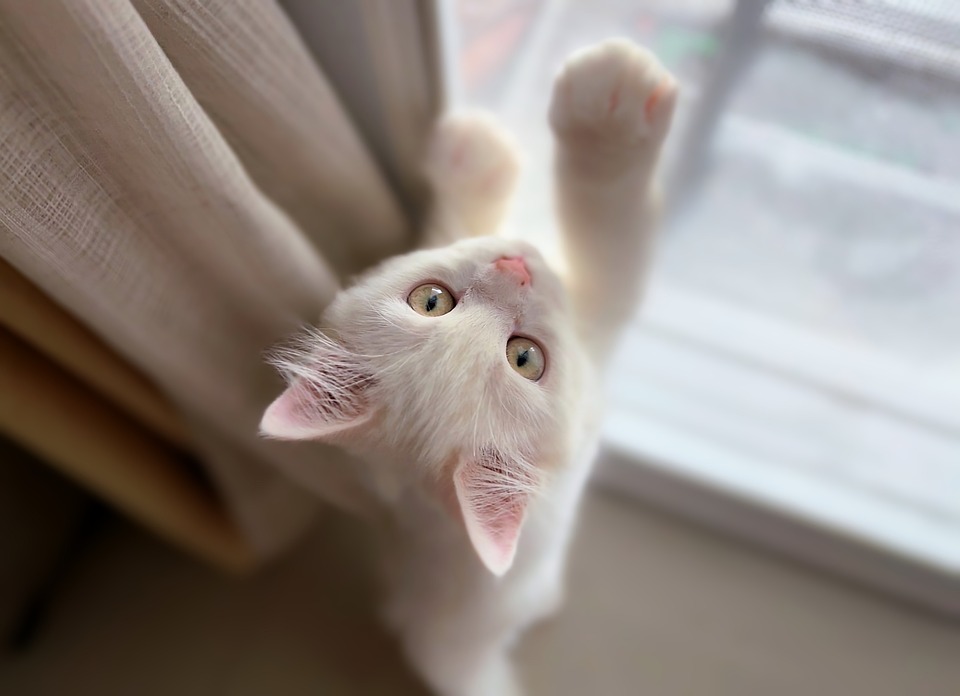Senior Cats and Joint Health: What You Need to Know
As cats age, their joints can become a source of discomfort and pain. Just like humans, senior cats may develop arthritis and other joint-related issues that can greatly affect their quality of life. As a responsible cat owner, it is crucial to be aware of these potential problems and take proactive steps to ensure your furry friend’s joint health is properly managed. In this article, we will discuss the common joint issues senior cats face and provide you with essential information on how to keep your senior cat’s joints healthy and pain-free.
Understanding Joint Problems in Senior Cats
1. Arthritis: Arthritis is one of the most common joint problems in senior cats. It occurs when the cartilage that cushions the joints starts to deteriorate, resulting in pain, stiffness, and reduced mobility. Arthritis can affect any joint in a cat’s body, but it is most frequently seen in the hips, knees, and spine.
2. Osteoarthritis: Osteoarthritis is a specific type of arthritis that occurs due to wear and tear on the joints. Over time, the protective cartilage breaks down, causing pain, inflammation, and restricted movement. Osteoarthritis is often seen in senior cats due to the natural aging process.
3. Degenerative Joint Disease: Degenerative joint disease (DJD) is a chronic condition that affects the joints’ ability to function correctly. It involves the progressive breakdown of cartilage and the formation of bone spurs, leading to pain, stiffness, and decreased mobility. DJD can significantly impact a senior cat’s overall well-being.
Promoting Joint Health in Senior Cats
1. Monitor your cat’s weight: Excess weight can strain a cat’s joints, exacerbating joint problems. Ensure your senior cat maintains a healthy weight through a balanced diet and regular exercise. Consult your veterinarian to determine the ideal weight for your cat and discuss appropriate dietary options.
2. Provide a comfortable environment: Make sure your cat has easy access to comfortable resting spots, such as soft beds or padded surfaces. Senior cats may find it challenging to jump or climb, so consider providing ramps or steps to help them access their favorite sleeping areas.
3. Regular exercise: Although senior cats may not be as active as when they were younger, it is essential to encourage gentle exercise to keep their joints mobile. Engage your cat in interactive play sessions and provide toys that encourage movement. Avoid high-impact activities that could put unnecessary stress on their joints.
4. Joint supplements: Consult your veterinarian about incorporating joint supplements into your cat’s diet. These supplements, such as glucosamine and chondroitin, can help support joint health and reduce inflammation.
5. Environmental modifications: Make adjustments to your home environment to accommodate your senior cat’s needs. For instance, provide litter boxes with low sides for easy access and ensure food and water bowls are at a comfortable height to avoid unnecessary strain on their joints.
FAQs about Senior Cats and Joint Health
1. Q: How can I tell if my cat is experiencing joint pain?
A: Look for signs such as limping, difficulty jumping or climbing, decreased activity levels, and behavioral changes like increased aggression or irritability.
2. Q: Should I restrict my senior cat’s movement to protect their joints?
A: While it’s important to avoid activities that may cause excessive strain, restricting movement entirely can lead to muscle loss and stiffness. Encourage gentle exercise and consult your veterinarian for specific recommendations.
3. Q: Can I give my senior cat over-the-counter pain medications for joint pain?
A: No, you should never give your cat any medication without consulting a veterinarian first. Some human pain medications are toxic to cats and can cause severe harm.
4. Q: Are there any specific cat breeds more prone to joint problems?
A: Some cat breeds, such as Maine Coons and Persians, may be more susceptible to joint issues. However, joint problems can affect cats of any breed or mix.
By taking proactive measures to manage your senior cat’s joint health, you can ensure they enjoy a comfortable and pain-free senior life. Remember to consult your veterinarian for personalized advice and guidance based on your cat’s specific needs.








